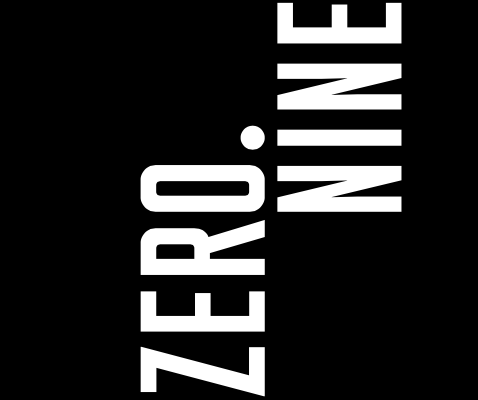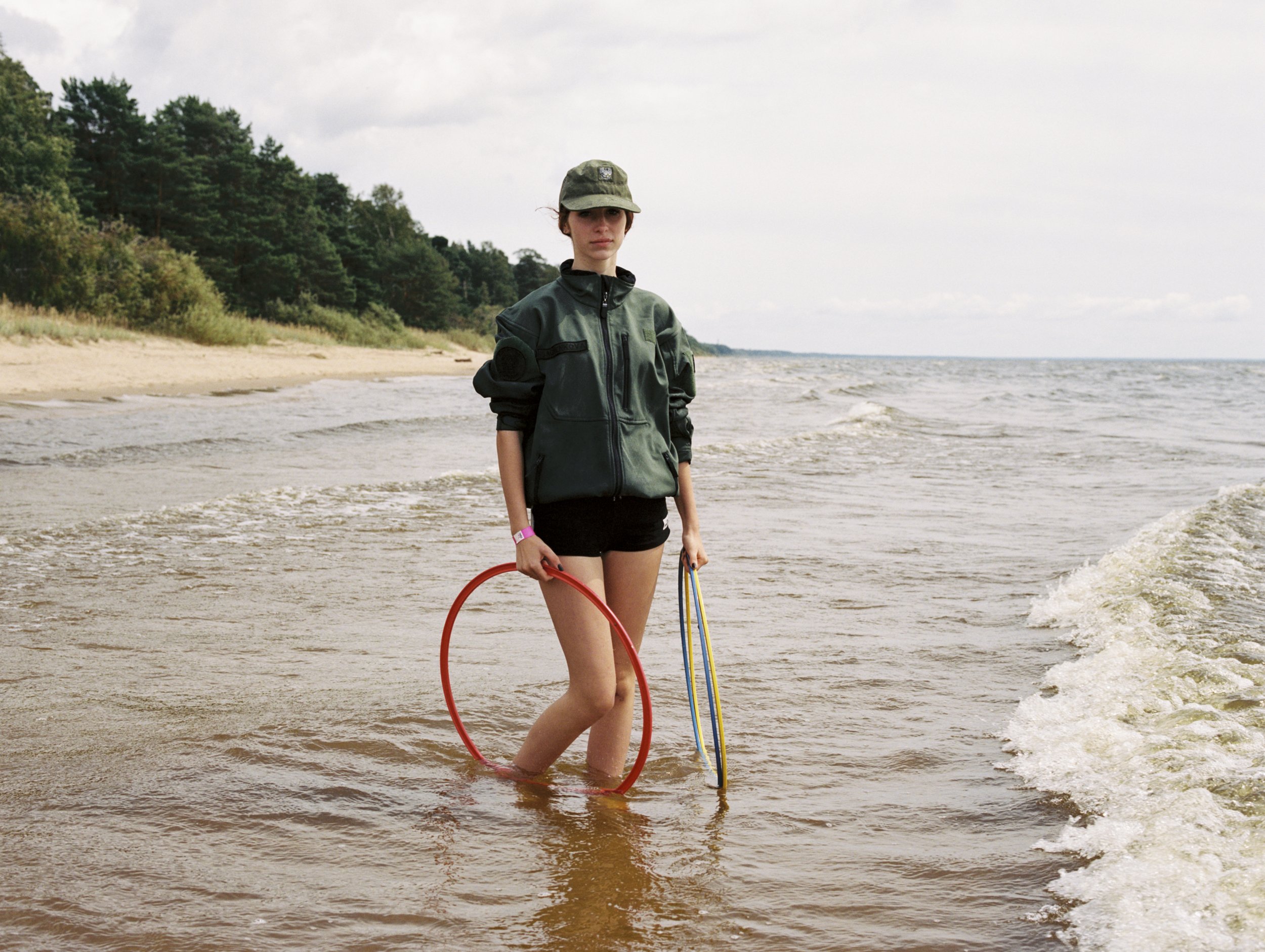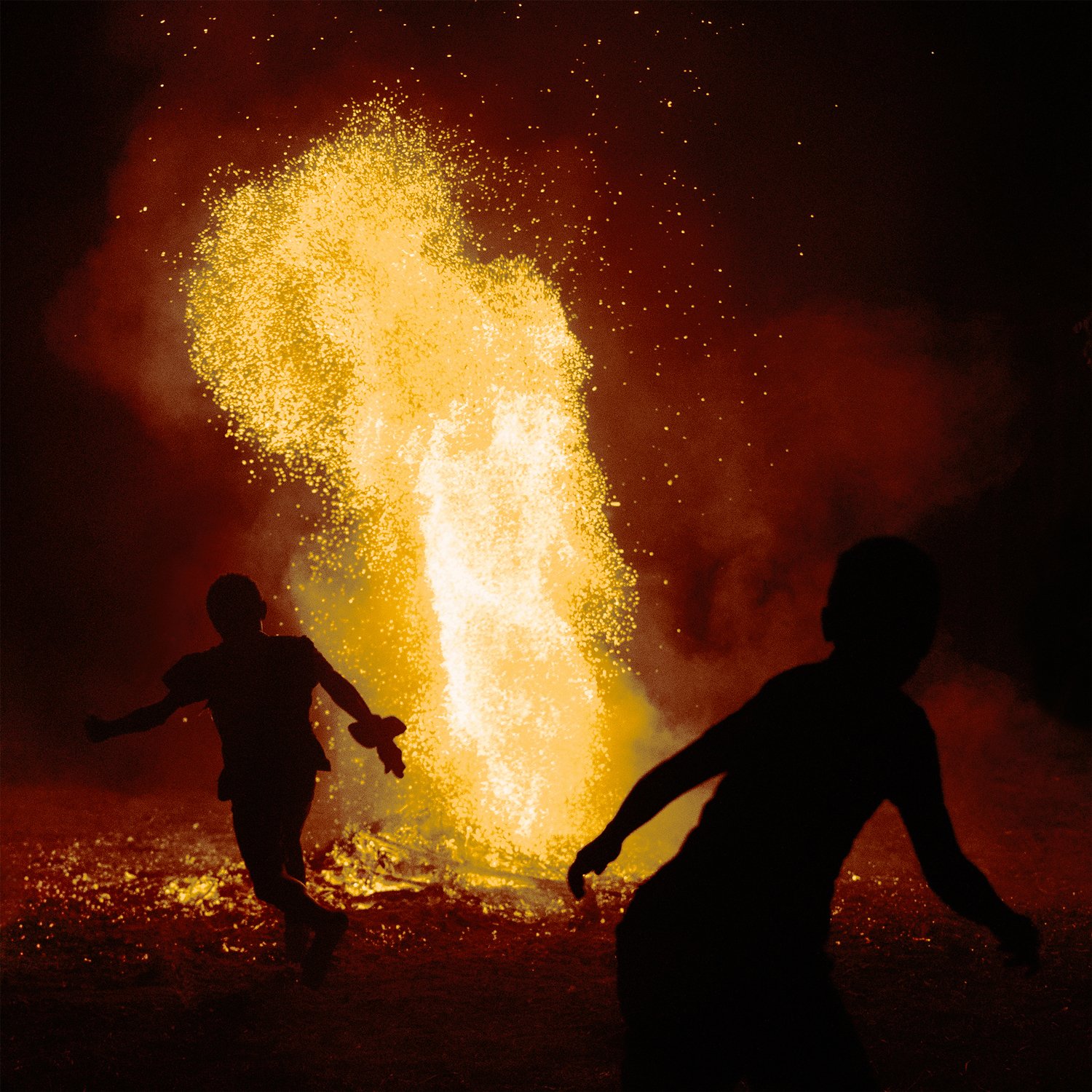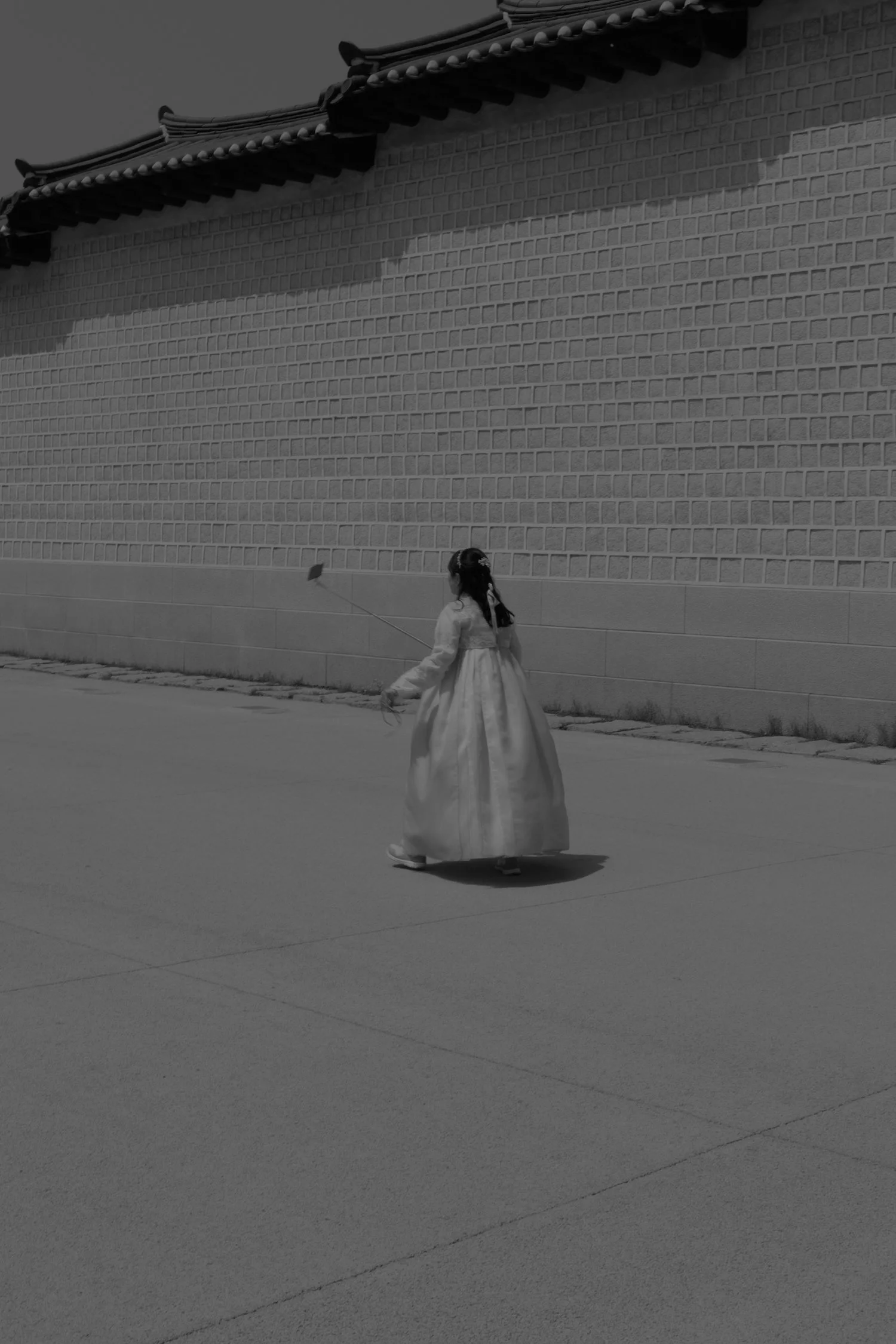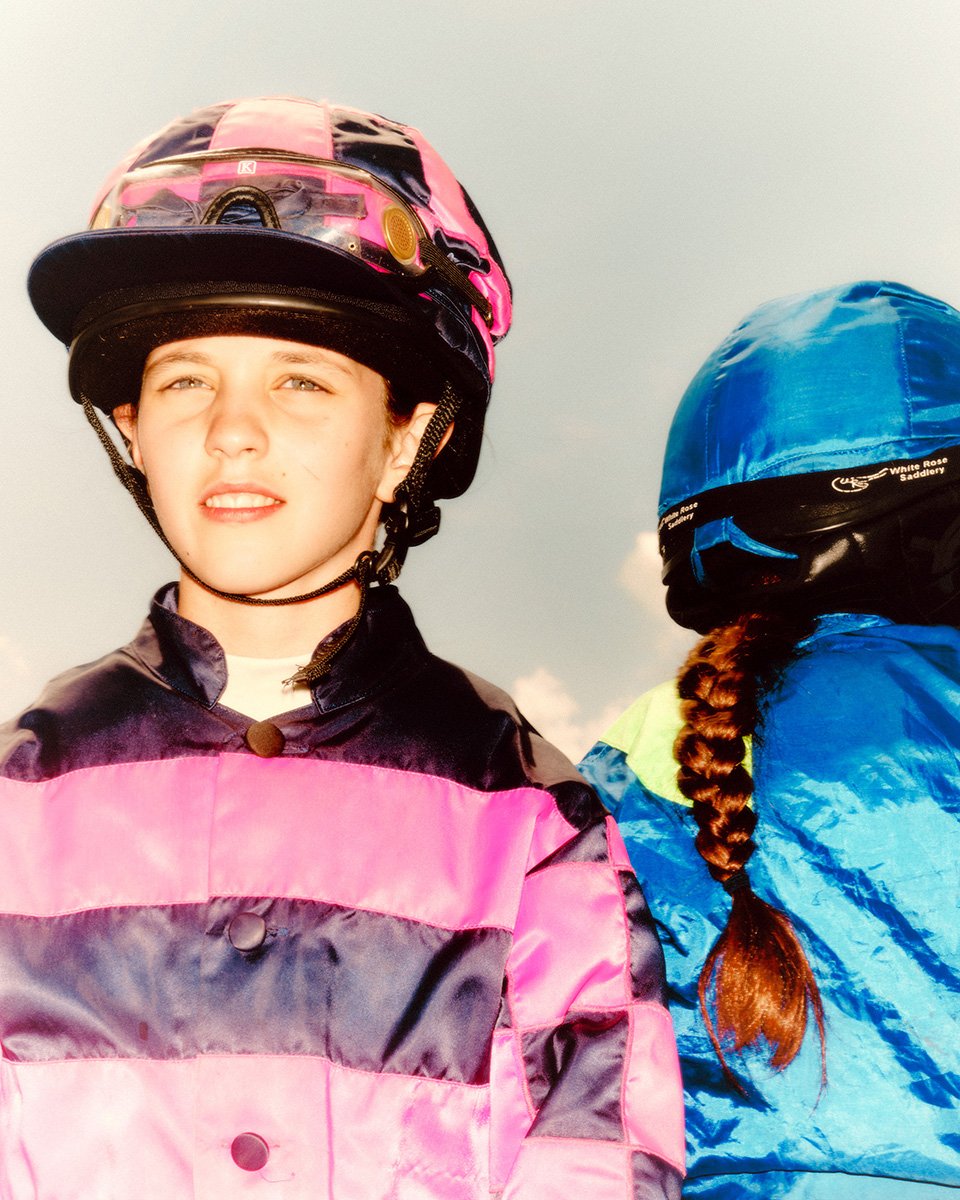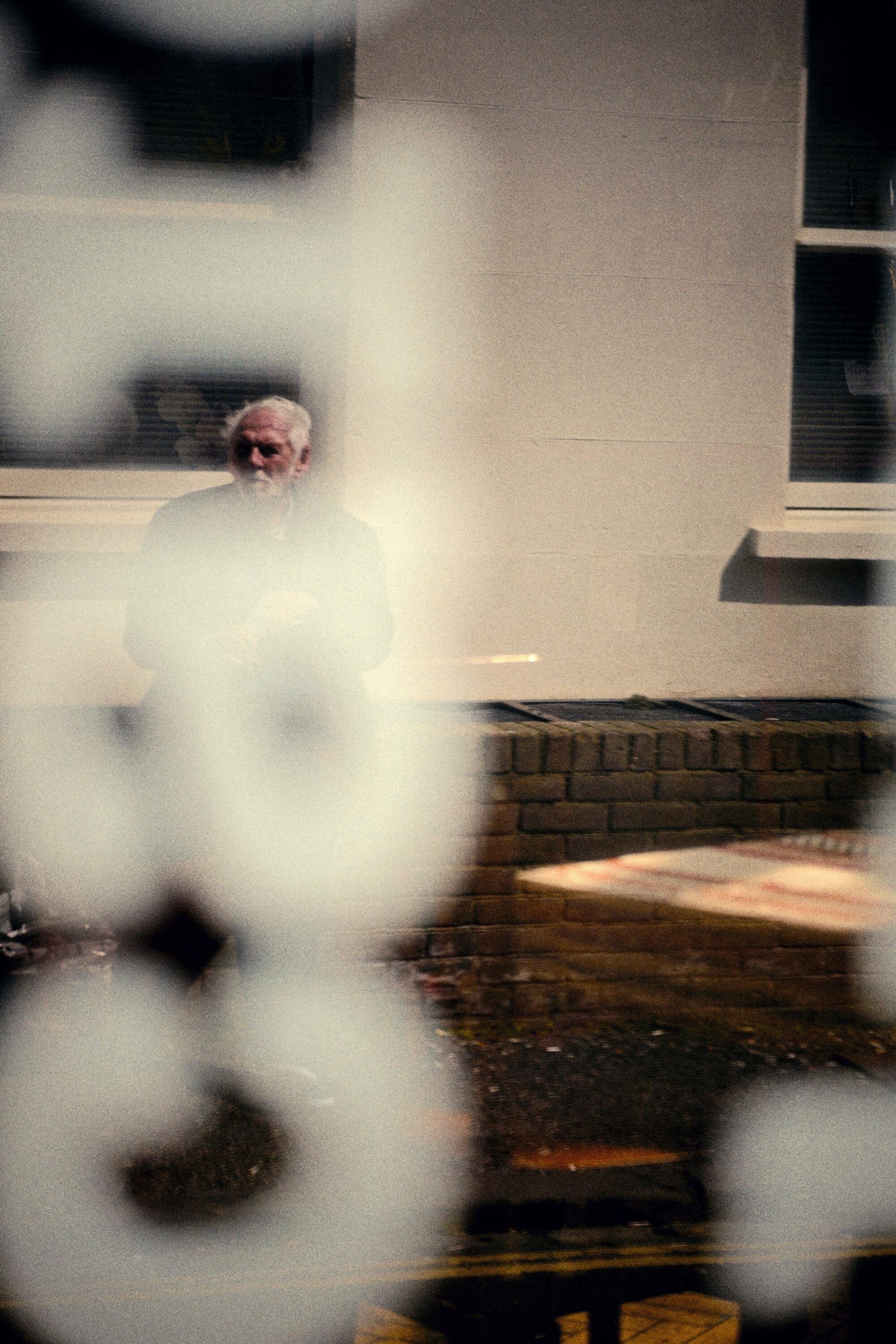Between past and future
Aleksandra Bardas’s project is dedicated to refugees from Ukraine who were forced to flee the war and who are living in Hamburg now. They are caught between the past and the future. They live with thoughts and hopes to return to their homeland someday. Each story is unique and is a testament to how everything happened from within.
Photography and text Aleksandra BardasThe beginning of the war had an impact on me personally. Despite the fact that I did not live in Russia, but grew up in Uzbekistan, Russian television and culture have a huge impact on the inhabitants of the post-Soviet space, and I have always identified myself as Russian. I was interested in the politics of the organization of this country, I kept in touch with relatives and friends. The war changed a lot.
Russian propaganda is also good working outside of Russia, not only in the post-Soviet countries, but also among the Russian-speaking population living in Europe, who have access to various sources of information.
I considered it my duty to talk to Ukrainians and give them a chance to be heard and hear their stories from the first person. It was important for them too, because many relatives from Russia cut off contacts and ties with the Ukrainians, and this left an indelible mark on their hearts.
When the Ukrainians appeared in Hamburg, you are confronted daily and everywhere with the fact that people needed help, because they did not speak German. Many Ukrainians still speak Russian among themselves, so Russian / Ukrainian speech was well known. I understood at that moment that people were still in a state of shock, having arrived in Germany they had to face the following difficulties, and this was paperwork, going to doctors, finding housing, without knowing the language. I started volunteering because it was the first necessity. When people began to tell their stories, it became clear to me that these stories needed to be recorded and told about them.
I was amazed at the stamina, solidarity, kindness and gratitude of this people, the ability to find a way out of the most difficult situations and save themselves with humor.
Irina (25) Dnipro. Had to leave her pregnant sister in hospital and leave Ukraine with her 6 year old niece.By the time I left Dnipro, sirens didn't stop and explosions were first aimed at military destinations. Our house was close by and the risk of being hit was very high. The hardest part was the uncertainty, we couldn't sleep for days because our cellphones were on so we could get an alert and run into the bombshelter. I didn't want to leave my country, but of course my goal was to get the child to safety. We went first to Poland and then to Germany. I remember everything like a nightmare and can't believe it could all be real.
Tatyana (49) Melitopol, Dima (15), Masha (7). My husband turned 50, we were going to celebrate his anniversary, but we woke up early in the morning from explosions. When we realized that the war had begun, I burst into tears. On the same day, the factory where I worked was closed, I was left without a job. We sat in our apartment, but watched as people left the city in a panic. This was really scary. Later, Russian tanks appeared in the city and it was heard for several days how the seizure was carried out. Communication was disconnected. An information vacuum was created. And then life began in the occupation, with constant fear and anxiety. Our mayor of the city was kidnapped, someone else went to demonstrations until they were dispersed. Russian and Chechen flags hung in the center of the city. Explosions and rockets did not stop. After 50 days in the occupation, I realized that I could not live in violence and fear like that.
Elina (54) and Alexey (58), Kharkiv. We couldn't believe what happened. Even when american intelligence warned us on the news, with exact dates, we didn't believe it. This cannot be, we live in the 21st century, what kind of war? Between Russia and Ukraine, this cannot be. We heard explosions, we watched the news, we went down to the basement, but we still couldn't believe it. After 2 weeks, as a person who is absolutely not versed in military equipment, I began to determine by sound that it was rockets, hail, shells. When the supermarkets and pharmacies were empty, the electricity was cut off, the food stopped supplying, the money began to run out, there was no work, the city died out, then we decided that we needed to move forward.
Artur(26) and Ruslana (32) Kharkiv. We lived in a residential area, but on the outskirts. First of all, we gathered with several neighbors who had children and went down to the basement. All this time, explosions were heard in the background. Then fighter jets began to fly. We somehow collected food, but there was no water. Water and milk could not be bought anywhere. We boiled chlorinated tap water, defended it and gave it to children to drink. Once I went with my youngest daughter to my mother, to the house opposite to swim. We bathed in a hurry, we had to return before the shelling began, and we could already hear the fighters flying. My husband ran after me, took my daughter and ran to the basement, I ran after him, with bags of food that my mother had prepared. I run, I hear them over my head, I hear how something explodes not far from us, my ears are pawned, and I run and I have only one thought, to convey food to the children.
Anna (27) Kyiv. Once I lived in Kharkiv, then moved to Kyiv. I had a dream to buy an apartment in Kharkiv for my mother. When I saw the completely bombed-out house in which I was going to buy this apartment, I simply had no words. I went to Germany to take my mother out, I was going to go back, because my husband stayed in the country. In Kyiv, I lived on the 14th floor, every time I had to run to the basement in case of alarm. The house was on a hill and from it one could hear how battles were taking place around and could fly into the house at any moment. All my husband's relatives live in Russia, at first I tried to get through to them, explaining that rockets were flying over my head. After 2 weeks they blocked us and communication completely stopped.
Irina (50) I lived in the very center of the city and in the epicenter of all events. Under my balcony there was an incessant bombardment. I lived opposite the Building of Kharkiv Oblast Administration. I did not even have the opportunity to get out, I could only sit in the apartment and wait. March 1st, around 8 am, there was an explosion and I was blown out of bed and hit the wall. All the windows in my apartment were broken. After 5 minutes, a second vacuum bomb flew in and then shook the whole house and even knocked out the doors. Since I could not stay in the apartment because of the cold, I decided to spend the night with a friend who lived 15 minutes from me. But even there, the next day, the explosion knocked me out of bed again and hit the wall. I felt the consequences of these explosions later, when I left the country. Hearing loss, bruised ribs, nausea, partial memory loss, and disorientation in time and space.
Ksenia(16), Vlad (16) and Sasha (16) We are students of the Mariupol Lyceum, one of the most prestigious institutions in Ukraine, which attracts the most talented children. We adore our lyceum, as it develops a person's personality in all directions and we had a rich cultural and creative life. The life of the lyceum is based on self-government, the students had the right to regulate the rules of the educational institution on an equal footing with teachers and the director.
In other words, we were taught life and independence. We never thought that organized campaigns in which we had to cut wood and get water would be useful to us during the war.
On Xenia's birthday, just when she was blowing out the candles, an air bomb flew into her house, the fact that they survived can only be called a miracle. Due to the explosions, Vlad injured his spine during the evacuation and is suffering from severe pain. Sasha also managed to leave the city, but she witnessed the most terrible crimes.
Olga (49) Mariupol. For me, May 9 has always been a holiday with tears in my eyes. We grew up on this, my holidays are the day of victory over fascism, we realized how many people died in order to stop this horror. But this day has ceased to be a holiday for me, because the people who defeated fascism, they grew up in themselves and grew up on a terrible scale. Here is my grandfather, a Russian who fought in the war, how can he perceive this information that his children and grandchildren will hide from the war in Germany. All relatives on the father's side, all live in Russia. Of all the relatives, only one uncle supported me, the rest blamed ourselves for their own troubles. I never, under any circumstances, want to communicate with these people, I will not be able to forgive them for what they did to us. We were killed, destroyed. It's impossible to forget.
About Aleksandra
Aleksandra is a visual artist based in Germany. Her activistic voice is unfolded trough documentary and photojournalistic photography. Her field of work is mostly on the topics of migration and integration, as well as diaspora or minorities in Central Asia and Europe.
To see more of her work, visit her website or follow her on Instagram
